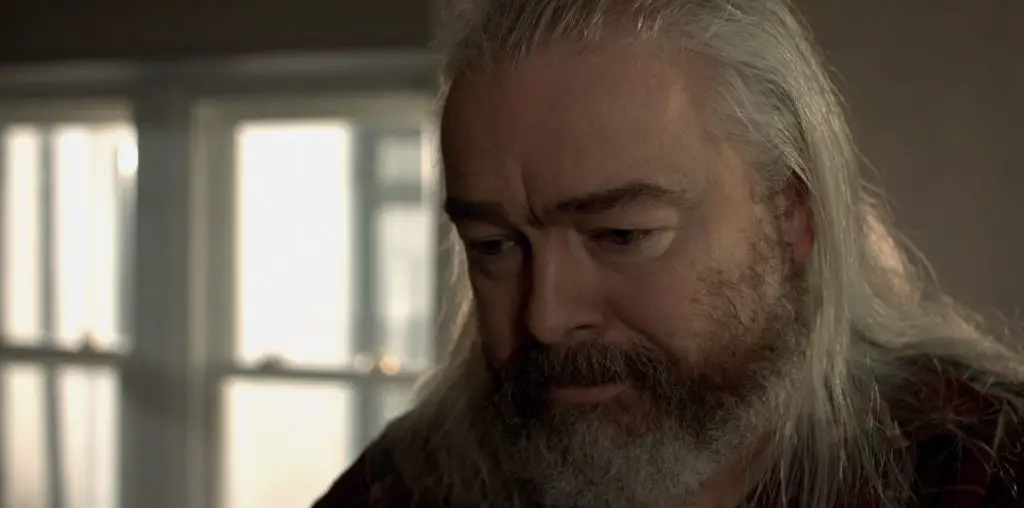
While the idea of viewing people metaphorically as symbols (The token black guy, the sage Native American, etc.) is not a new concept in cinema, the sad fact is that this brand of stereotyping occurs for most people on a daily basis in everyday life. From outward racism to smaller actions such as shying away from someone on the street based upon how they are dressed, our backgrounds both consciously and unconsciously impact every interaction we have with others, forcing us to carry along little preconceived notions about how those around us think before we even get a chance to know them. A truly offbeat character study Sally Potter’s “Yes” explores the issue of racial stereotyping within the context of an affair between an unhappily married molecular scientist (a never named Joan Allen) and a former Middle Eastern surgeon (a never named Simon Abkarian) now reduced to working as a chef since moving to England. However, while intriguing for a variety of reasons what might be most notable about “Yes” is that although set in present day England the character speak mostly in rhyming iambic pentameter.
After a chance encounter at a restaurant, the woman is immediately attracted to the charming chef since he seems to realize her beauty unlike her distant, womanizing husband (Sam Neil). Their affair is a breath of fresh air for both parties, she is allowed to escape into the arms of someone who cares while he is given temporary solace from a demeaning job. The film works best during this stage, all the passion, excitement and exhilaration from having the affair is palpable thanks to excellent work by both Allen and Abkarian. The dialogue, while awkward at first, finds its rhythm and ceases to be a gimmick drawing the viewer in. Yet, just when “Yes” starts to gel, Potter’s agenda rears its head substituting the easy going earlier scenes with a forced sense of tension.
Following an ugly racist episode at work Abkarian’s character is forced to reexamine his own identity and his role in Allen’s life. While before loving and tender he turns bitter, taking all of his frustrations regarding the constraints society has placed upon him out on Allen’s character. Abkarian’s anger and the argument that follows acts as the cornerstone to the film and while well acted seems a violation of the characters we had seen previously. When they resort to mocking each other with her calling him a terrorist and him responding with she’s a bitch, these actions seem less character driven as opposed to an obvious attempt to polarize the audience. Where the film goes from here with each character finding their identity is well done but never reaches the high highs presented in the first half.
As an experiment, does “Yes” work? Despite being indulgent at times there is a certain grace to “Yes” that manages to transcend the offbeat dialogue, unnecessary camera tricks and distracting asides. Allen and Abkarian rise to the occasion in a challenging piece and if Potter’s agenda seems a little forced at times it is still an issue worth exploring, especially with a cast as talented as this.

